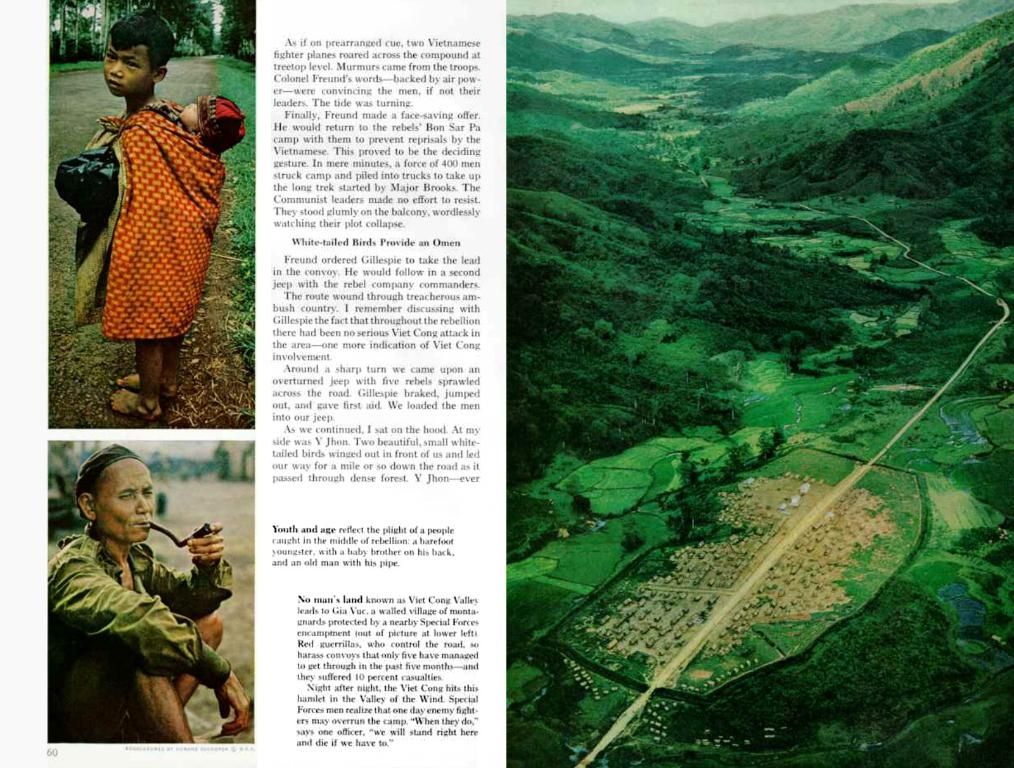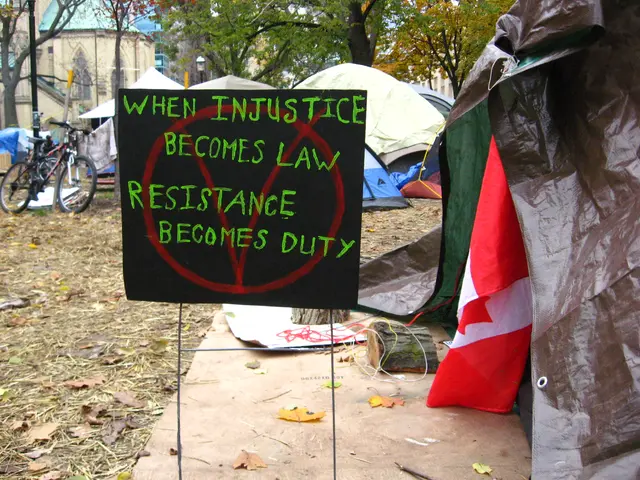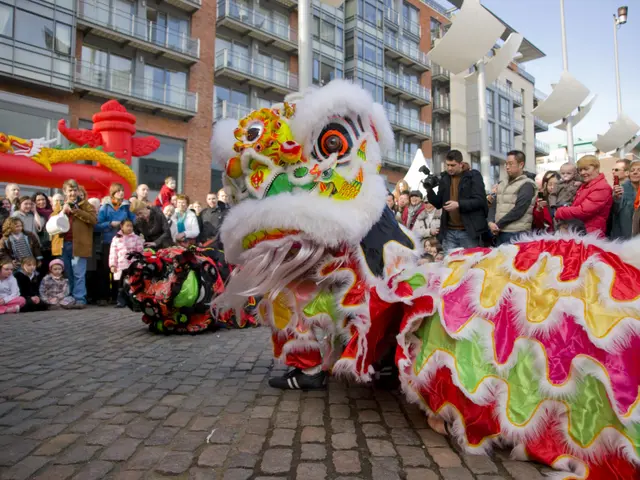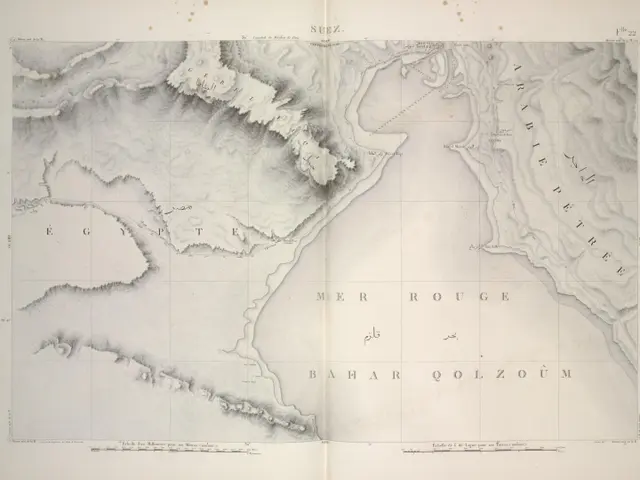A New Spin on Winter Tourism: More Visitors, Fewer Overnights
Anticipated Winter Season 2024/25: Increased Visitor Count, Reduced Stay Duration - Fewer Overnight Bookings Anticipated Yet Higher Number of Visitors During the Winter Season 2024/25
Winter season 2024/25 revealed an interesting development: the number of visitors in Baden-Württemberg increased, while the number of overnight stays slightly decreased. In other words, people were traveling to Baden-Württemberg for winter vacations, but they were spending fewer nights compared to previous years.
The Statistical Office in Fellbach reported that accommodation providers recorded approximately 9.6 million visitors and 23.1 million overnight stays based on preliminary figures. This denotes a 2.0 percent jump in visitors compared to the prior winter season, despite a minor 0.3 percent drop in overnight stays.
Tourism State Secretary Patrick Rapp (CDU) expressed satisfaction, stating, "We have managed to attract a record number of visitors during the winter months, with Baden-Württemberg being their winter holiday destination of choice."
The winter season was mild and characterized by scarce snowfall. Encouragingly, winter travelers were attracted to all six travel regions in the state. "Classic winter sports destinations like the Black Forest or the Swabian Alb continue to be popular," reported the Ministry of Economics. Additionally, spa and wellness retreats have been successful in luring visitors.
According to the Ministry's assessment, destinations must adapt to the changing climate in the near future. Mild and snow-scarce winter months are becoming increasingly common. "Our aim is to maintain stable numbers or experience growth, despite new conditions: offering year-round, snow- or weather-independent experiences and modern amenities will gain significance," said the Ministry.
Climate change is profoundly impacting tourism in mountain regions like Baden-Württemberg. Reduced snowfall, increased temperatures, and extended summer seasons are altering traditional winter activities. However, there are strategies to maintain growth in winter tourism, such as investing in sustainable infrastructure, promoting eco-conscious travel, and developing weather-independent activities.
Key Points:
- Winter tourism season 2024/25 saw increased visitors, but fewer overnight stays.
- Climate change is affecting snow-dependent winter sports and altering seasonal patterns.
- Adaptation strategies for year-round tourism involve eco-friendly practices, diversification of activities, and infrastructure development.
- Renewable energy and green technologies can support sustainable tourism practices.
- Baden-Württemberg can maintain its appeal as a year-round destination by adapting and evolving with the changing climate.
In the light of evolving community policies concerning climate change, vocational training programs for renewable energy and sustainable tourism could prove beneficial for local residents. Home-and-garden enthusiasts might find vocational training in eco-friendly renovation techniques relevant to improve their lifestyle, while travelers seeking weather-independent experiences could appreciate these offerings, promoting a vibrant tourism sector in Baden-Württemberg.





